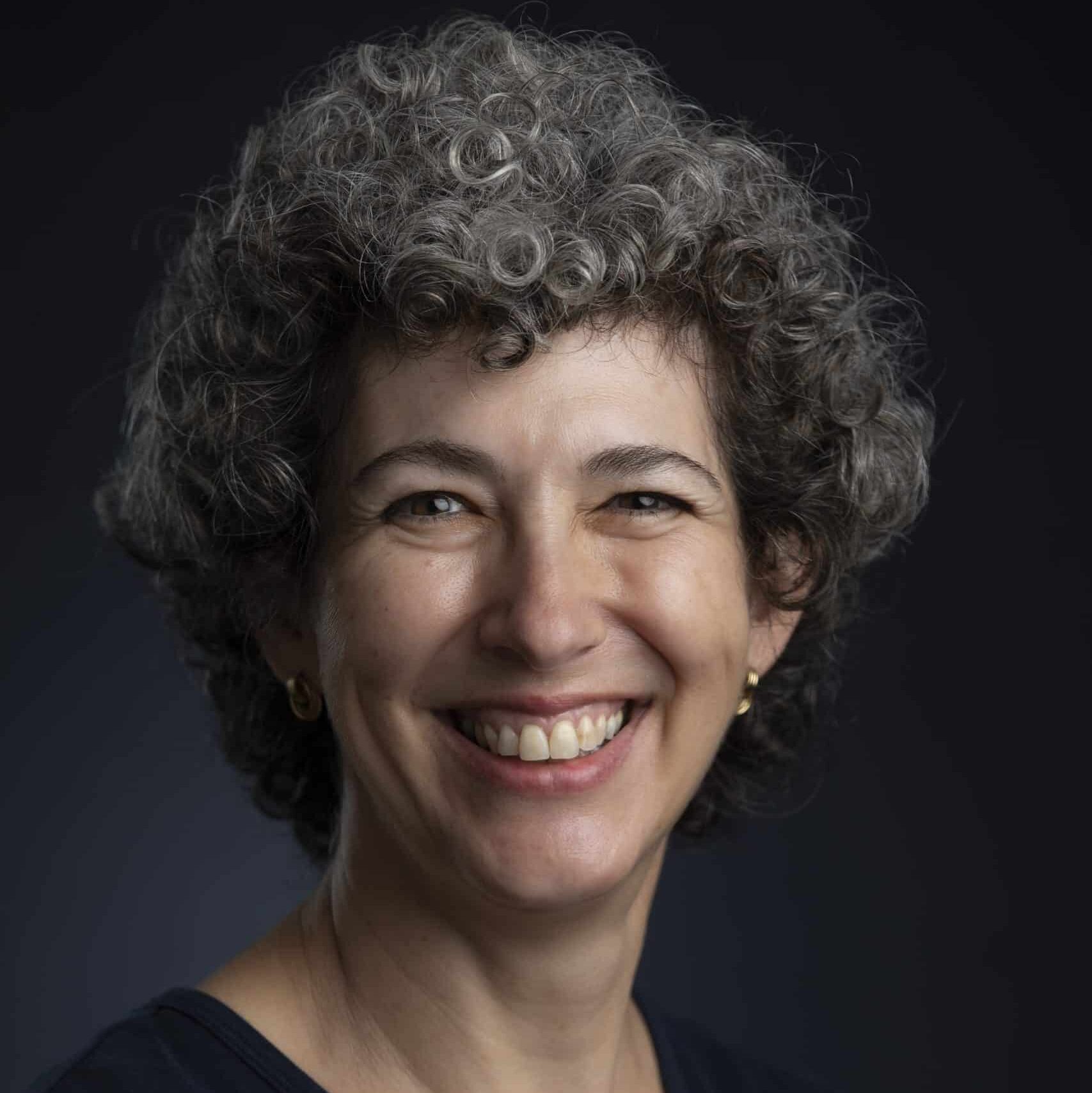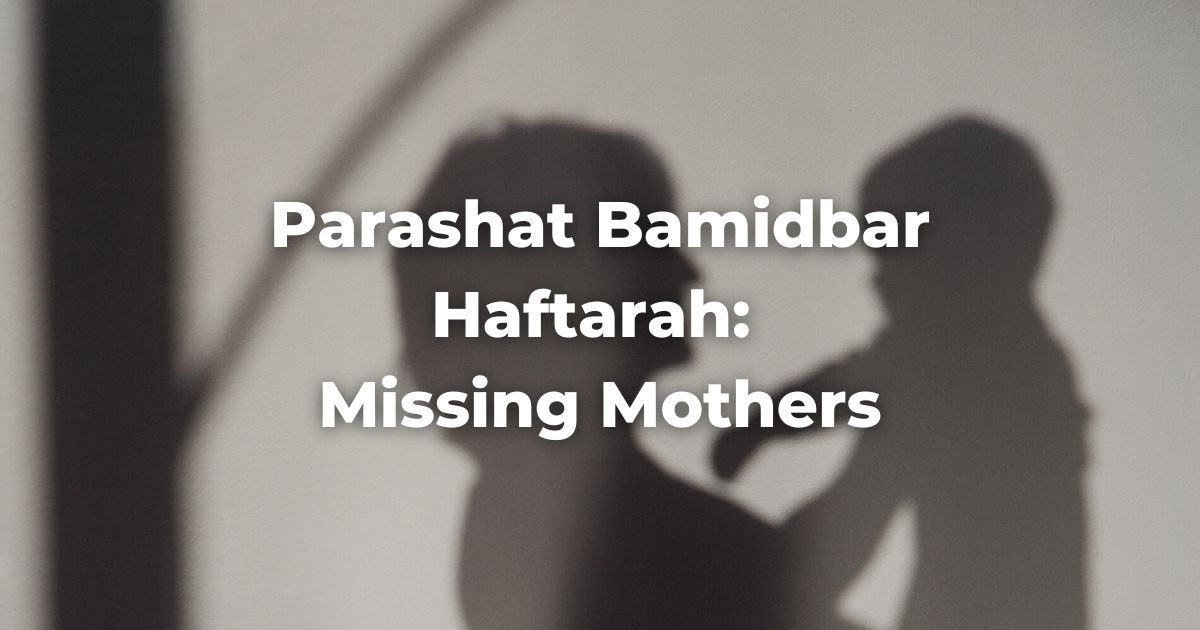Text: Devarim 15:1-11
1 “At the end of seven years you shall make a release (Shmitah). 2 And this is the Shmitah: Every lender who has lent to his fellow man shall release it; he shall not demand it of his fellow man or his brother, because it is called the Lord’s Shmitah … 4 Yet there shall be no needy person among you; for the Lord will greatly bless you … 5 only if you carefully obey the voice of the Lord your God, to observe with care all these commandments which I command you today … 7 If there is among you a needy person of your brethren … you shall not harden your heart nor shut your hand from your needy person brother. 8 but you shall surely open your hand to him and surely lend him sufficient for his need, whatever he needs…
Verses 1-6 are known as a monetary Shmitah. Verses 7-11 are the basis for Tzedakah.
- Why do you think that the mitzvah to release loans is attached to the Shmitah year? (It could have been 7 years from the start of the loan.) Try to think about this from the borrower’s and the lender’s perspectives.
- Verses 7-8 make it clear that giving is not optional, it is a mitzvah. However, the TorahRefers to the first five books of the Hebrew Bible, the Tanakh, also called the Five Books of Moses, Pentateuch or the Hebrew equivalent, Humash. This is also called the Written Torah. The term may also refer to teachings that expound on Jewish tradition. Read more does not command to give tzedakah but rather a loan. So why do we consider this to be the source for the mitzvah of tzedakah? You may want to refer to the mitzvah right before it. What is the relationship between these mitzvot?
- Why is a loan, rather than a gift, viewed as a preferable way of helping a person?
Commentary: Rabbi Joseph Bechor Shor Dvarim 15:2
For it is called—your brother [called] Shmitah to his fields.
The LORD’s—for the sake of the LORD, and therefore he has no means to repay his debt.
- Why is forgiving the debt placed specifically at the Shmitah year?
Commentary: Rabbi Avraham Isaac HaCohen Kook, Ein Aiah, Shvi’it 10
The main purpose of releasing the debt … is to remove the heavy burden that accumulates due to the control of the rich over the poor … For the subservient [attitude] and the enslavement will be imprinted in the heart of one who feels himself indebted to his fellow; “the borrower is servant to the lender” (Proverbs 22:7)
- Why is it necessary to release the debt, to cancel it completely?
- What kind of burden is formed by debt (aside from the obvious financial one)?
- R. Kook speaks of the impact of the situation on the borrower. What might be the impact on the entire society if such control continues to accumulate in the hands of some over others? How would you suggest dealing with such a social situation?
See more: Parashat Re’eh
Originally posted as part of the Conservative Yeshiva at the Fuchsberg Jerusalem Center’s Torah Sparks. Support Torah learning from the Fuchsberg Jerusalem Center/Conservative Yeshiva for leaders and seekers around the world here.
Authors
-

Vered Hollander-Goldfarb teaches Tanach and Medieval Commentators at the Conservative Yeshiva and is a regular contributor to Torah Sparks, FJC’s weekly message on the weekly Torah portion. She received her M.A. in Judaic Studies and Tanach from the Bernard Revel Graduate School of Yeshiva University and studied at Bar-Ilan University and the Jewish Theological Seminary. Before making aliyah, Vered taught at Ramaz School and Stern College in New York.
View all posts -



The Fuchsberg Jerusalem Center (FJC) is a home in the heart of Jerusalem where leaders and seekers can find an authentic place in Jewish tradition to call their own. FJC offers opportunities to study, pray and explore within an egalitarian and inclusive setting, creating multiple pathways for finding personal and communal meaning.
View all posts






